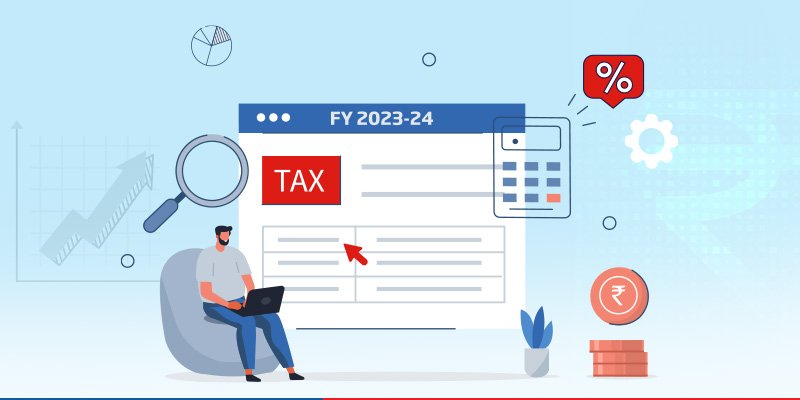Potential Relief for Taxpayers as Policy Shifts Loom
As reported by Reuters: In response to economic pressures and in a bid to stimulate consumer spending, the government is contemplating a significant reduction in personal tax rates, according to sources familiar with the matter. This potential move aims to provide relief to taxpayers and bolster domestic consumption, which has been subdued amidst global economic uncertainties.
Economic Rationale Behind Tax Reform
The proposed tax reforms come at a critical juncture as the country grapples with the aftermath of pandemic-induced slowdowns and inflationary pressures. By lowering personal tax rates, the government hopes to enhance disposable incomes, thereby encouraging individuals to spend more on goods and services. This, in turn, could revitalize economic growth and stimulate demand across various sectors.

“The idea is to put more money into the hands of consumers, which could spur consumption and support overall economic recovery,” explained Dr. Neha Sharma, an economist at a leading financial consultancy. “Lower tax rates could also incentivize savings and investment, contributing to long-term economic stability.”
Current Tax Structure and Potential Changes
Currently, the personal income tax rates in the country are structured in slabs ranging from 0% to 30%, with various deductions and exemptions applicable based on income levels and categories. The proposed reform aims to simplify this structure and potentially reduce the highest tax brackets to alleviate the burden on middle and upper-middle-income earners.
“The government is considering revising the tax brackets to ensure they are more aligned with current economic realities and income distribution patterns,” stated an official from the Ministry of Finance, speaking on condition of anonymity. “This includes exploring options to lower tax rates for certain income brackets while rationalizing exemptions.”
Impact on Taxpayers and Consumer Behavior
If implemented, the revised tax rates are expected to benefit millions of taxpayers across the country, particularly those in the middle-income bracket. For instance, individuals earning between ₹5 lakh and ₹10 lakh annually could see a reduction in their tax liabilities, resulting in higher take-home pay.
“I would definitely welcome lower tax rates,” said Rahul Verma, a salaried professional in Mumbai. “It would mean more savings for me and potentially more spending on essential items or even investments for the future.”
Consumer behavior analysts predict that the extra disposable income from reduced tax rates could lead to increased spending on discretionary items such as electronics, apparel, and dining out. This could provide a much-needed boost to sectors that have been grappling with subdued demand in recent months.
Political and Social Considerations
While the move to lower tax rates is largely seen as a positive step towards economic recovery, it has also sparked debates on its implications for fiscal deficit and public finances. Critics argue that reducing tax rates could lead to a shortfall in government revenue, necessitating careful balancing with expenditure cuts or alternative revenue generation measures.
“There’s always a delicate balance between stimulating growth through tax cuts and ensuring fiscal prudence,” noted Dr. Anil Kapoor, a senior economist at a leading think tank. “The government will need to weigh these considerations carefully to avoid potential pitfalls.”
Socially, the proposed tax reforms have garnered mixed reactions, with some advocating for more progressive taxation to address income inequality, while others emphasize the need for simplicity and ease of compliance for taxpayers.
Roadmap and Timeline for Implementation
As of now, the government is in the process of consulting stakeholders, including economists, industry experts, and tax authorities, to finalize the contours of the tax reform package. A detailed roadmap for implementation is expected to be announced in the upcoming budget session, outlining specific timelines and legislative steps required to enact the changes.
“The intention is to introduce the revised tax structure in a phased manner to minimize disruptions and ensure smooth transition for taxpayers,” the finance ministry official added.
In conclusion, the government’s contemplation of lowering personal tax rates reflects a proactive approach to addressing economic challenges and supporting recovery efforts post-pandemic. While the move holds promise for taxpayers and consumer spending, it also necessitates careful deliberation to mitigate potential fiscal risks and ensure equitable distribution of benefits. As discussions progress, stakeholders eagerly await further details on the proposed tax reforms and their potential impact on the nation’s economic landscape.
You might also be interested in – IREDA, a government-owned entity, intends to conduct an FPO in FY25 due to increased demand for renewable project loans.